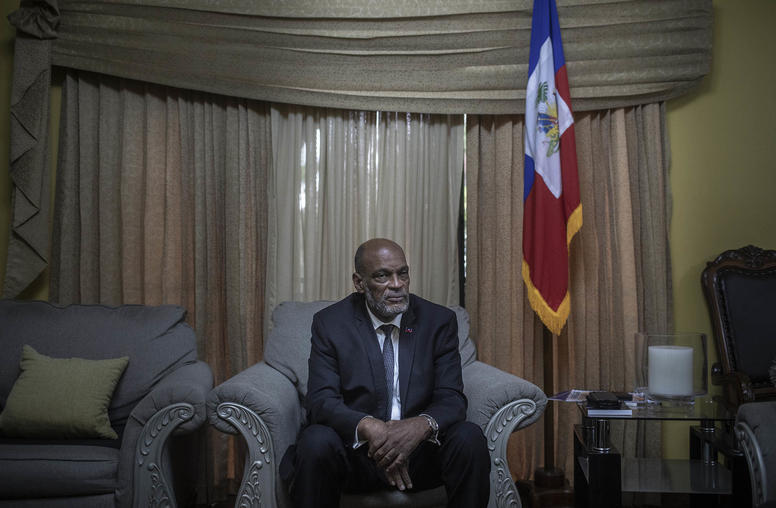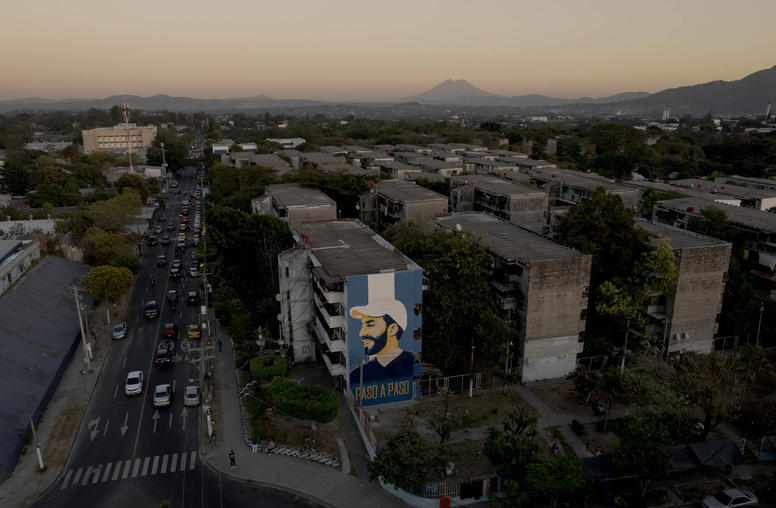Keith Mines
Contact
Please submit all media inquiries to interviews@usip.org or call 202.429.3869.
For all other inquiries, please call 202.457.1700
Keith Mines is vice president of the Latin America program at USIP.
Mines joined USIP after a career at the State Department, where he was most recently director for Andean and Venezuelan affairs. In 32 years of diplomatic and military service, he has worked on governance and institution building in Central America and Colombia; Middle East peace in Israel and the West Bank; post-conflict stabilization in Haiti, Iraq and Afghanistan; global financial stability and the environment in Brazil; security sector reform in Hungary; famine relief and tribal reconciliation in Darfur and Somali; and creating a culture of lawfulness as the first director of the Merida Initiative in Mexico City.
A frequent contributor to publications such as the Foreign Service Journal and Orbis, Mines has written extensively on post-conflict stabilization, peacebuilding and negotiations, and the roots of civil conflict. His book, “Why Nation Building Matters: Political Consolidation, Building Security Forces, and Economic Development in Failed and Fragile States,” was published by the University of Nebraska Press in 2020. Mines has a bachelor’s in history from Brigham Young University and a master’s in foreign service from Georgetown University.



